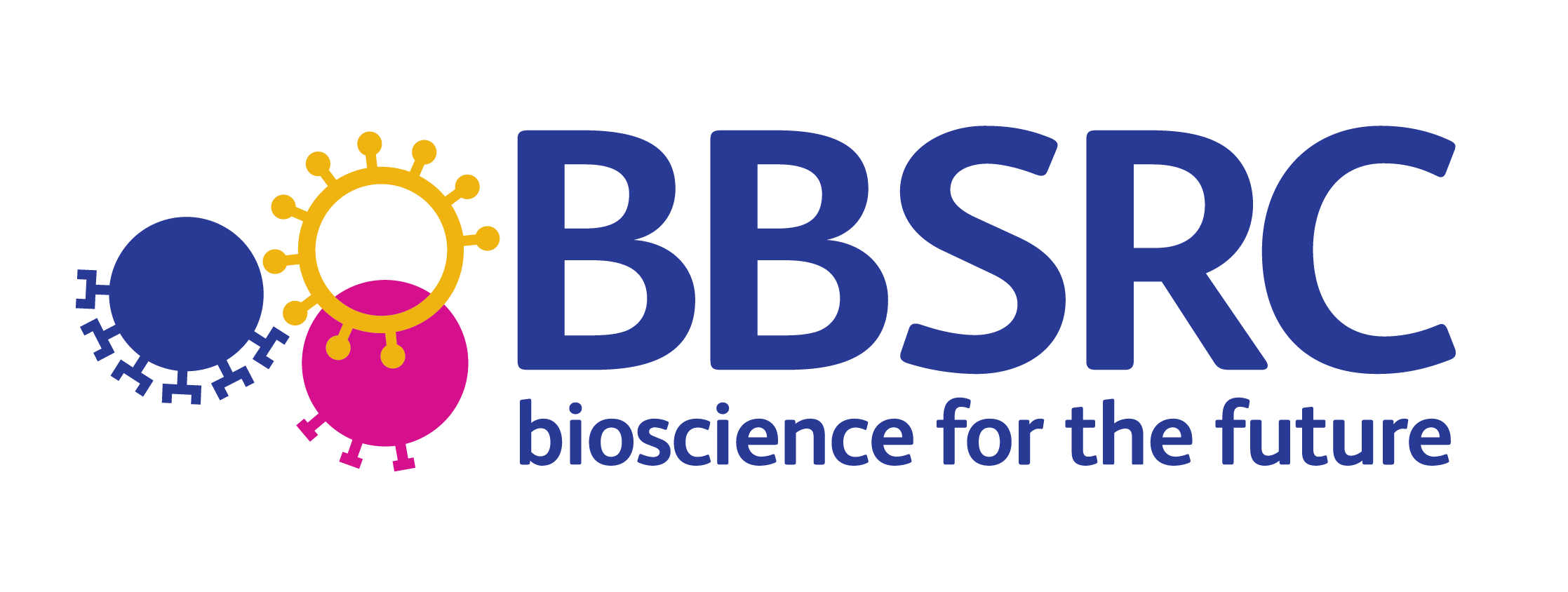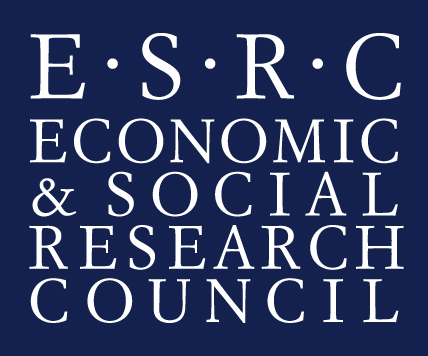New article describing syntactically-informed word representations
2020-06-29
We are pleased to announce the publication of a new article in Neurocomputing, presenting novel syntactically-informed word representations (SIWRs), which allow enrichment of the pre-trained word representations with syntactic information without training language models from scratch. SIWRs are evaluated on three information extraction tasks, namely nested named entity recognition (NER), binary and n-ary relation extractions (REs), with results demonstrating that SIWRs yield performance gains over the base representations in these NLP tasks with 3–9% relative error reduction.
Tran, T. T., Miwa, M. and Ananiadou, S. (2020). Syntactically-Informed Word Representations from Graph Neural Network. Neurocomputing https://doi.org/10.1016/j.neucom.2020.06.070
Abstract
Most deep language understanding models depend only on word representations, which are mainly based on language modelling derived from a large amount of raw text. These models encode distributional knowledge without considering syntactic information, although several studies have shown benefits of including such information. Therefore, we propose new syntactically-informed word representations (SIWRs), which allow us to enrich the pre-trained word representations with syntactic information without training language models from scratch. To obtain SIWRs, a graph-based neural model is built on top of either static or contextualised word representations such as GloVe, ELMo and BERT. The model is first pre-trained with only a relatively modest amount of task-independent data that are automatically annotated using existing syntactic tools. SIWRs are then obtained by applying the model to downstream task data and extracting the intermediate word representations. We finally replace word representations in downstream models with SIWRs for applications. We evaluate SIWRs on three information extraction tasks, namely nested named entity recognition (NER), binary and n-ary relation extractions (REs). The results demonstrate that our SIWRs yield performance gains over the base representations in these NLP tasks with 3–9% relative error reduction. Our SIWRs also perform better than fine-tuning BERT in binary RE. We also conduct extensive experiments to analyse the proposed method.
| Previous item | Next item |
| Back to news summary page |
Featured News
- 1st Workshop on Misinformation Detection in the Era of LLMs - Presentation slides now available
- Prof. Ananiadou appointed Deputy Director of the Christabel Pankhurst Institute
- ELLIS Workshop on Misinformation Detection - Presentation slides now available
- Prof. Sophia Ananiadou accepted as an ELLIS fellow
- BioNLP 2025 and Shared Tasks accepted for co-location at ACL 2025
- Prof. Junichi Tsujii honoured as Person of Cultural Merit in Japan
Other News & Events
- AI for Research: How Can AI Disrupt the Research Process?
- CL4Health @ NAACL 2025 - Extended submission deadline - 04/02/2025
- Invited talk at the 15th Marbach Castle Drug-Drug Interaction Workshop
- Participation in panel at Cyber Greece 2024 Conference, Athens
- Shared Task on Financial Misinformation Detection at FinNLP-FNP-LLMFinLegal








